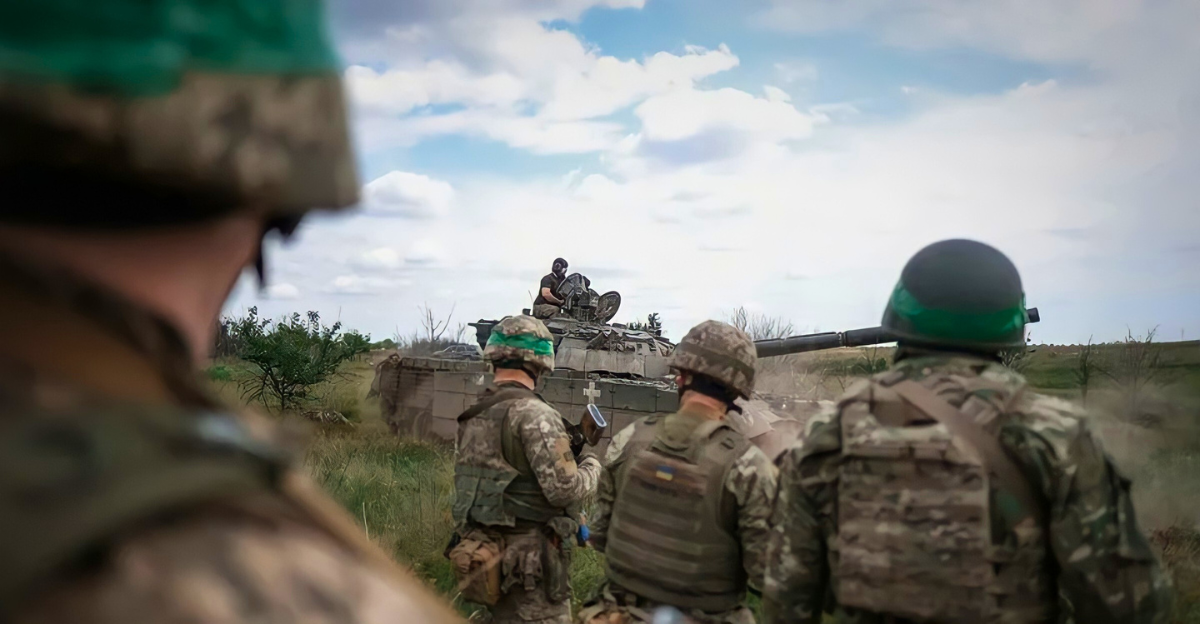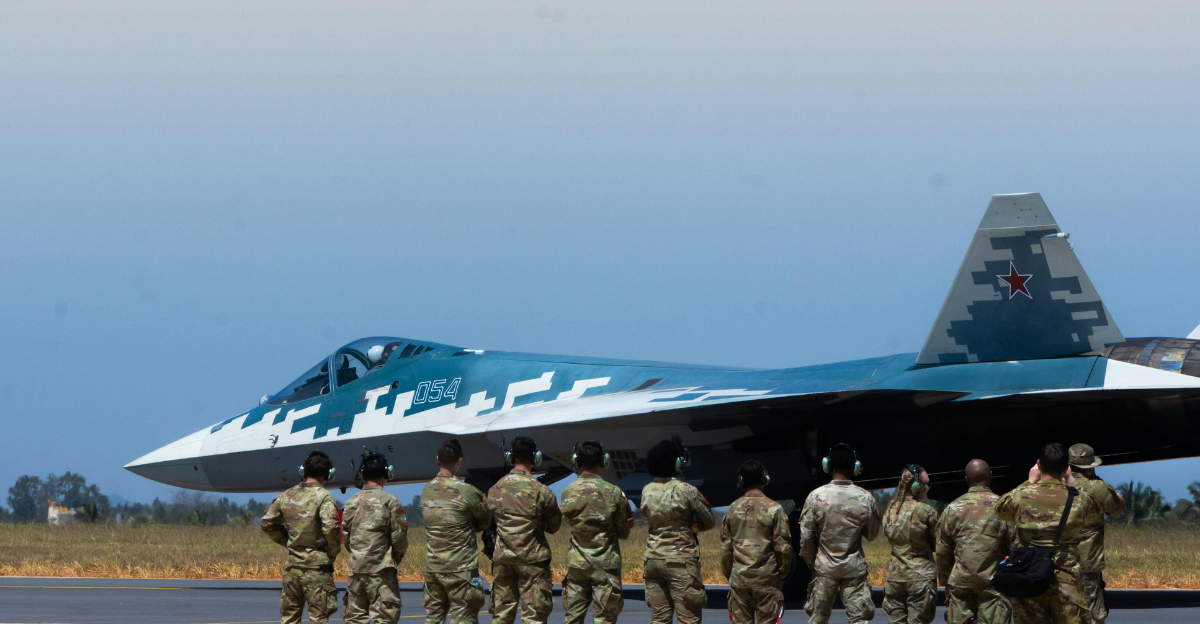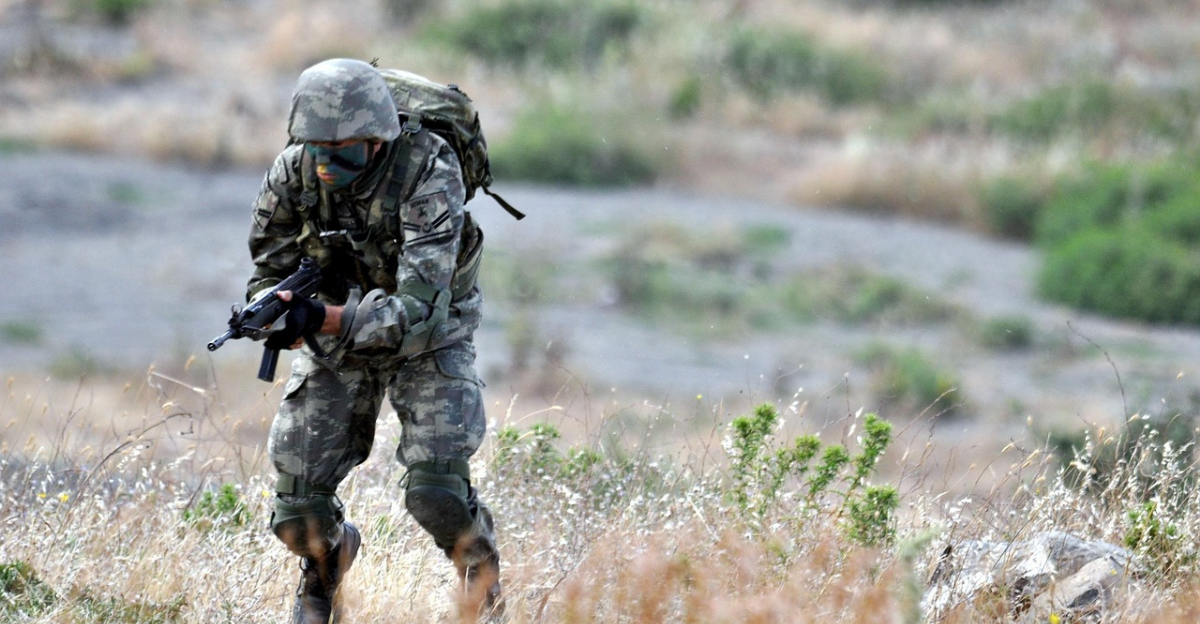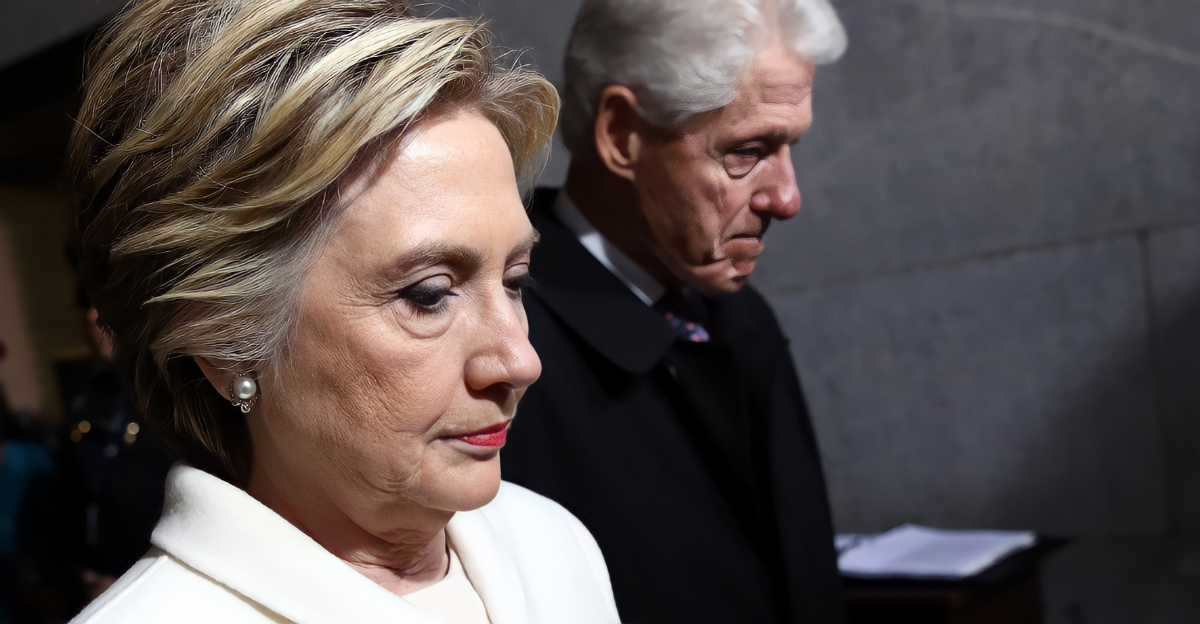
In 2025, widespread desertion has caused the myth of Russia’s “unbreakable wall” of military discipline to crumble. Since the start of the full-scale invasion of Ukraine, more than 20,500 Russian soldiers have been charged with going missing, deserting, or disobeying orders; the great majority of these cases have taken place in the past 12 months. This crisis represents a significant collapse in discipline, morale, and the Kremlin’s capacity to manage its own forces; it is not merely a numerical issue.
A growing gap between political goals and the human cost paid by rank-and-file soldiers, many of whom are conscripts or uninformed volunteers, is reflected in this breakdown. The breakdown of this “unbreakable wall” is a sign of a larger systemic breakdown in which coercion and propaganda are insufficient to keep people together.
Historical Parallels: Russia’s Past Is Echoed in 2025

There are striking similarities between the 2025 wave of desertions and earlier instances of Russian military collapse, like the mass desertions that preceded the 1917 revolution. The current crisis is not an isolated incident; rather, it is a part of a long-standing historical trend: the state’s military apparatus disintegrates when Russian soldiers lose faith in their mission and leadership.
This historical perspective is critical because it presents the current crisis as a symptom of deeper structural vulnerabilities in Russian military culture and governance, rather than as a short-term setback. Although the current regime is far more repressive and technologically advanced, the psychological and social dynamics are similar to those of the Tsarist army, which collapsed under similar pressures and brought about revolutionary change.
The Data

Eighty-six percent of the 20,538 AWOL, desertion, or refusal to obey cases that Russian courts received by the middle of 2025 resulted in prosecution. Since many cases go unreported or are concealed by the authorities, the actual number of deserters is probably higher. According to some estimates, since the start of the war, up to 50,000 soldiers have deserted their posts.
These numbers, which show a systemic failure rather than isolated incidents, are supported by numerous independent investigations and intelligence assessments. The military justice system is overburdened by the sheer number of desertion cases, which also causes resources to be diverted from combat operations to internal policing. Furthermore, the high prosecution rate may worsen morale issues by inciting fear and resentment among troops rather than discouraging desertion.
Root Causes: Disillusionment, Neglect, and Brutality

Mass desertion in 2025 has ruthless and obvious causes. Russian soldiers are subjected to severe punishment, inadequate medical attention, and little training, sometimes as little as five days prior to deployment. Promises of large salaries entice many, but they end up in appalling conditions, with some units having to pick up the bodies of fallen comrades or enduring flooded trenches and continuous shelling.
According to deserter reports, commanders frequently use cruel punishment squads and create a culture of fear, treating soldiers more like disposable resources than like human beings. Because of the way this environment undermines loyalty and trust, desertion is not only reasonable but frequently the only way to survive. Thus, the military has become a powder keg of dissatisfaction due to the regime’s inability to give its soldiers proper support and a clear mission.
The Storm-Z Phenomenon

For 2025, Penal Units Russia has become more dependent on prison units like Storm-Z. Convicts and disobedient soldiers make up these units, which are deployed to the most hazardous front-lines and sustain devastating casualties. Storm-Z’sexistenceand growth demonstrate how serious the situation is: the regime is prepared to sacrifice expendable lives in order to preserve the appearance of strength, and the regular army can no longer be trusted.
This resurgence of Stalin-era strategies is a clear sign of desperation and an implicit acknowledgement of the failure of traditional military systems. Because it institutionalizes brutality and sends the message that survival depends more on punishment than on skill or teamwork, the use of penal units also degrades morale throughout the force.
Desertion as Reasonable Opposition

The mass AWOL movement in 2025 can be viewed as a logical, even heroic, form of resistance, in contrast to the Kremlin’s portrayal of deserters as traitors. Many of the soldiers are volunteers or conscripts who never backed the war and are now taking back control of their lives in the face of systematic violence. Despite the high risks, groups like Idite Lesom have assisted thousands of people in escaping Russia by offering them psychological support and escape routes.
This viewpoint exposes the nuanced moral and psychological conundrums that individual soldiers face, challenging the oversimplified story of loyalty versus treason. It also emphasizes how effective grassroots resistance movements can be in authoritarian environments, undermining internal state authority.
Repercussions

Depletion of front-line strength and reliance on progressively unfit or unwilling replacements are the immediate effects of mass desertion. The second-order consequences are more subtle: the foundation of military unity is undermined by a culture of distrust, a greater reliance on force, and the growth of prison units. While the threat of desertion depletes morale and gives opposition forces more courage, commanders are compelled to redirect resources to policing their own troops.
Russia’s power projection capabilities are seriously undermined, which has repercussions for the war effort as a whole. From a strategic standpoint, this internal decay gives Ukraine and its allies more confidence and erodes Russia’s negotiating position in any diplomatic discussions. In addition to making command and control more difficult, the decline in military trust raises the possibility of operational failures and battlefield setbacks.
Political and Social Repercussions

The desertion crisis is planting the seeds for wider social and political instability outside of the battlefield. The stigma, financial difficulties, and legal ramifications that deserters’ families experience exacerbate animosity toward the government. The use of propaganda and repression by the regime to hide the crisis is untenable and runs the risk of causing a backlash that could lead to civil unrest or even insurrection.
Social disintegration and institutional mistrust are further exacerbated by the psychological trauma that returning deserters and their families endure. Furthermore, the crisis challenges the Kremlin’s assertions of legitimacy and control by revealing flaws in its social contract. Without significant reforms or a shift in approach, analysts caution that the desertion crisis may spark a larger governance crisis, destabilizing Russia domestically and making its foreign policy goals more challenging to achieve.
Global Security Order and Desertion

The consequences of Russia’s “unbreakable wall” collapsing in 2025 extend well beyond its boundaries. Russia’s reputation as a powerful military force is damaged by the spectacle of mass desertion, which instills confidence in enemies and unsettles allies. It also questions accepted notions of authoritarian resilience, arguing that even the most oppressive governments are susceptible to internal disintegration when morale and legitimacy falter.
The Russian desertion crisis serves as a case study of the boundaries of coercion and the enduring power of human agency in a world where psychological operations and hybrid warfare are becoming more and more critical. This phenomenon may have an impact on international military doctrines by incentivizing enemies to take advantage of internal divisions instead of depending exclusively on external force.
The Myth’s Demise in 2025

The collapse of Russia’s “unbreakable wall” in 2025 represents a significant psychological upheaval in addition to a military and political event. The widespread departure of more than 20,500 troops who went missing is both a sign and a cause of structural breakdown, revealing the fallacy of the Kremlin’s justification and the weakness of its authority. History demonstrates that regimes fall when soldiers choose not to fight.
It also emphasizes how crucial morale, trust, and moral leadership are to the success of any military operation. For academics, decision-makers, and strategists around the world, the disintegration of the Russian military in 2025 provides a compelling case study that highlights the intricate relationship between state power and individual agency in contemporary conflict.






